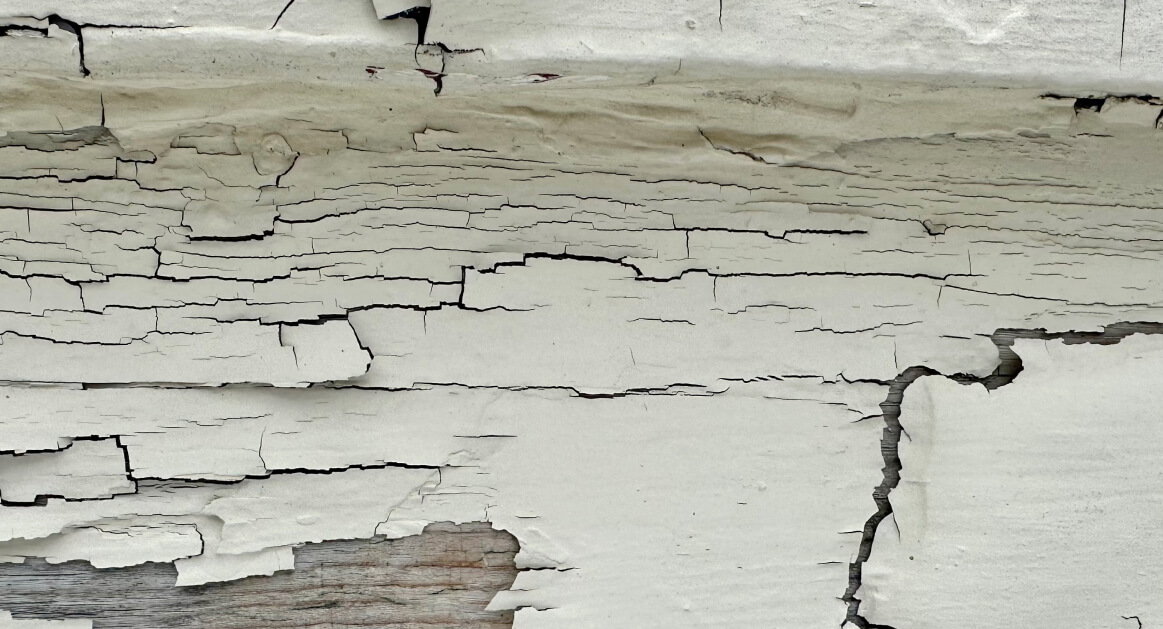Lead paint, once a common household product, is now recognized as a significant health hazard, especially for children. Despite its ban in the late 20th century, the effects of lead paint continue to pose risks in many older homes. Here’s what you need to know:
Quick Facts About Lead Paint:
- Historical Use: Lead has been used in paint for centuries for its durability and vibrant color.
- Health Risks: Lead poisoning can lead to severe health issues, particularly in children, including developmental delays and neurological damage.
- Widespread Use: Lead paint was commonly used in homes, schools, and children’s furniture until its ban in 1978.
The Dangers of Lead Paint:
- Toxicity: Lead is highly toxic and can cause serious health problems if ingested or inhaled.
- Children at Risk: Young children are especially vulnerable due to their growing bodies and tendency to put things in their mouths.
- Long-Term Exposure: Chronic exposure to lead can lead to lifelong health issues.
Historical Perspective:
- Early Warnings Ignored: Despite warnings dating back to ancient times, the use of lead in paint continued.
- Industrial Promotion: In the early 20th century, companies heavily marketed lead paint, even to families with children.
- Regulatory Delay: It took decades for effective regulations to be put in place to limit the use of lead in household paints.
Modern Regulations and Impact:
- Banned in 1978: The U.S. banned lead in residential paint in 1978 due to its health risks.
- Warning Labels: Labels warning about lead in older paint only appeared in 2003.
- Legacy of Lead: Many older homes still contain lead paint, posing ongoing risks.
What You Can Do:
- Test Your Home: If your home was built before 1978, consider having it tested for lead paint.
- Safe Removal: If lead paint is present, professional removal is recommended to avoid exposure.
- Stay Informed: Educate yourself and others about the dangers of lead paint and how to deal with it safely.
Conclusion: Lead paint remains a hidden danger in many older homes. Understanding its risks and taking appropriate measures to mitigate them is crucial for the health and safety of residents, particularly children. Being informed and proactive is key to dealing with this toxic legacy.
We welcome your legal questions for topically relevant articles in the future. Feel free to compose a question – it may be addressed in future articles. Email Question
Free Case Evaluation
Fill Out The Form Below To Find Out If You Have A Case.
Thank you for contacting us. One of our colleagues will get back to you shortly.



